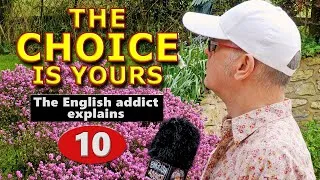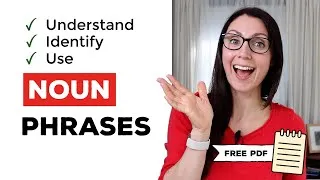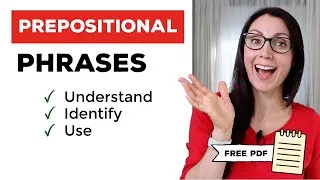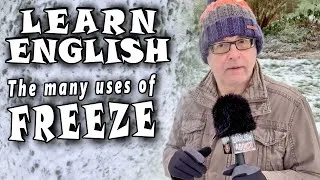Pro přehrání videa dvakrát klikněte na anglické titulky níže.
New videos
Original video on YouTube.com
Tato stránka vám představí videa na YouTube, která jsou užitečná pro výuku angličtiny. Uvidíte lekce angličtiny vedené špičkovými učiteli z celého světa. Dvojklikem na anglické titulky zobrazené na každé stránce s videem si video přehrajete přímo odtud. Titulky se posouvají synchronizovaně s přehráváním videa. Pokud máte nějaké připomínky nebo požadavky, kontaktujte nás prosím pomocí tohoto kontaktního formuláře.







